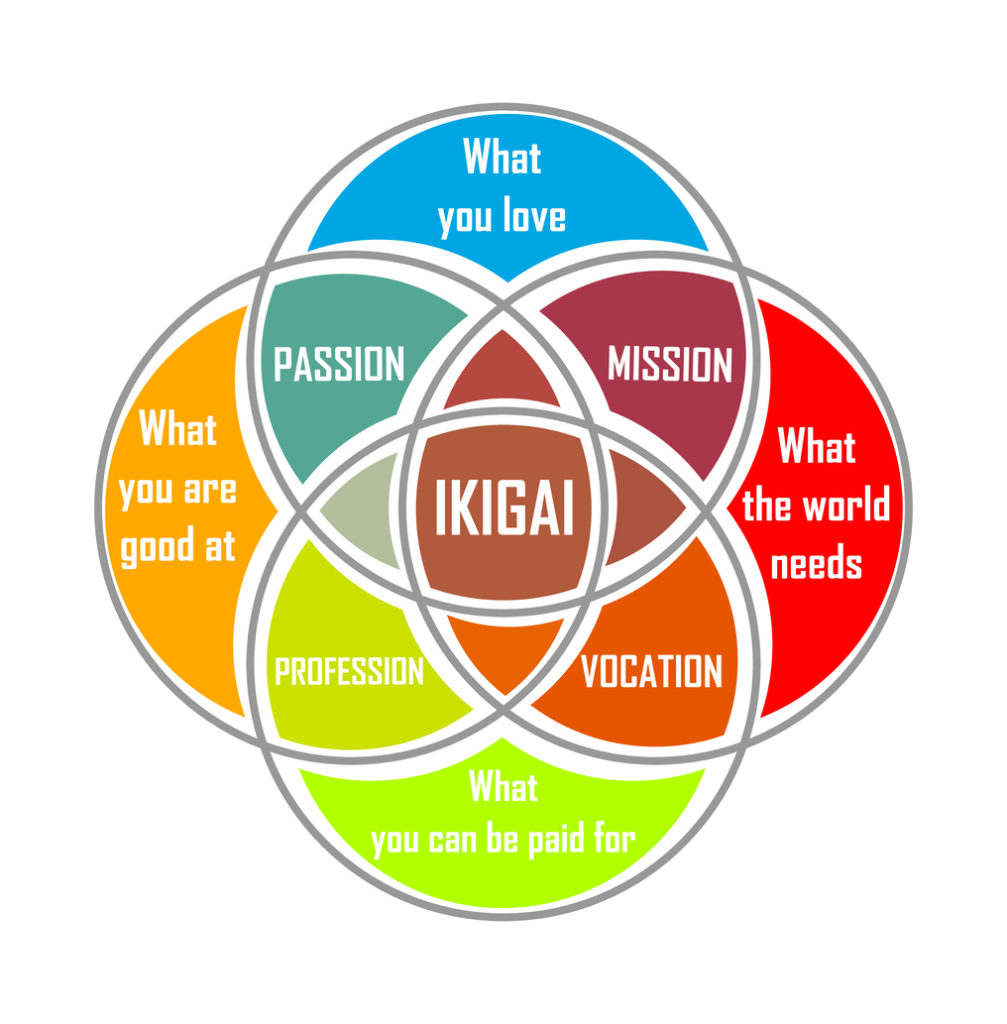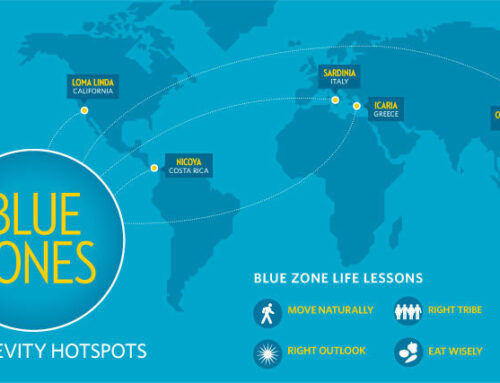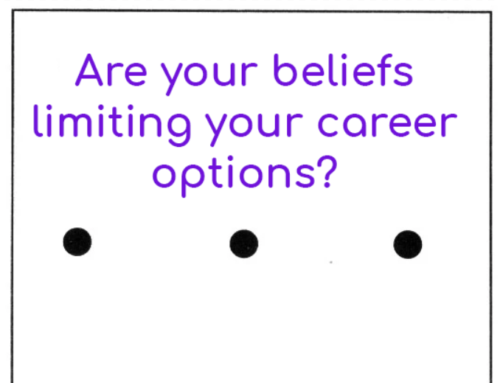What would it be worth to you, if you were able to jump out of bed on a Monday morning, and not wait to start your working day?
What if I told you that knowing your ‘ikigai’, your ‘reason for living’, will not only add meaning and joy to your life, but statistically also add several years to your lifespan?
Moreover, how can you apply this thinking to your career, in order to experience more satisfaction and fulfilment in your job or business? In this article I’ll share with you 3 powerful and practical strategies you can follow to achieve ikigai.
“Our ikigai is different for all of us, but one thing we have in common is that we are all searching for meaning.”
The word ikigai comes from Japanese and means your life’s worth (iki = life and gai= worth). It can also be understood as ‘the reasons for which you wake up in the morning’. In the fascinating Ted Talk by Dan Buettner ‘How To Live To Be 100+’, he describes how scientists have studied different cultures around the world, in the pursuit of discovering what makes some cultures live longer and healthier lives.
In Okinawa, Japan, you will find the highest number of 100 year olds in the world (per capita). In fact, people there don’t even have a word for ‘retirement’. When given a questionnaire, they instantly knew their reason for waking up every morning. To me, that’s fascinating stuff which deserves closer inspection.
How do you apply the ‘ikigai way of life’ to your career?
As a Life & Business Coach, I work with many people who up until now have prioritised financial gains over everything else in their career. Wealth creation becomes their main goal, until something snaps and they realise they’re deeply unhappy and unfulfilled. What they often realise is that while financial stability is important, money alone doesn’t make them happy.
Applying the ikigai framework to your career means taking a long-term approach, and finding the sweet spot where your personal answers to each of these 4 questions overlap:
- What do you love doing?
- What are you good at?
- What can you get paid for?
- What does the world need?
If you can find out what your answer is, you have found your ikigai.
“If you haven’t found it yet, keep looking” – Steve Jobs

It gets better –
Have you noticed how the concept of ikigai is process driven rather than focused on achieving an end goal?
I personally love this aspect. I strongly believe that the secret of fulfilment and joy lies in the ‘doing’. I believe that if we obsess about goals rather than enjoying and getting immersed in the process, we are missing out big time. In fact, that’s the topic of my article Why Vision and Process (not Goals) Bring Genuine Success.
Focus is Today’s IQ
I believe the concept of ikigai is very timely. Today, information overload and endless distractions have become the norm. Often this leads to overwhelm, which in turn leads to inaction. Being able to focus on what is important to you, is difficult, but super important.
Ikigai is like an inner compass, always steering you back onto your path. If you feel you’re being bombarded and distracted with requests and opportunities, you just have to keep these 4 questions in mind – what do you love, what are you good at, what can you get paid for and what does the world need.
Here are the 3 steps you can follow in order to find your ikigai
Step 1 – Go deep with the 4 questions
Set some time aside to creatively brainstorm ideas and career directions that pique your interest, while making sure you keep in mind the 4 pillars of ikigai.
- What do you love doing?
- What can you not stop talking about outside work?
- What would you still do even if you didn’t get paid?
- What activity makes it feel like time is flying?
- What are you good at?
- What do your friends and family come to you for to get advice?
- What are you proud of?
- Does developing your skills in this area further, excite you?
- What can you get paid for?
- Is this something people are willing to pay for?
- Can doing this give you the income you want, in the medium and long term?
- What does the competition look like – can you spot a niche?
- What does the world need?
- What kind of contribution would you love to make in life?
- What will there be demand for in 10, 20 or 50 years?
- What wider, societal impact could you have by doing this?
Step 2 – Focus on balance and the big picture
One aspect of ikigai that strikes me as timely and quite beautiful actually, is that while you can use the concept to guide your career direction, it forces you to keep in mind your whole life. Everything in life is connected. Going back to the study described earlier – less than half of the Japanese people who were given the questionnaire, considered their work to be their ikigai.
What does this mean for you?
First of all, fulfilment and enjoyment can be found in many aspects of our lives. Even if you’re currently in a job you dislike, think about how you can use your spare time to experiment with interests, that could potentially turn into a future career. Also, where else can you find pleasure and purpose?
Spend 10- 15 min actively reflecting on these questions:
- Which project or interest could I pursue part time, while working in my present job?
- Other than my career, what else could bring me joy?
-
-
- Hobbies and interests?
- Projects?
- Relationships and family?
-
Step 3 – Guard your time and use it wisely
Making positive changes in your life involves learning and growing. As great as this sounds on paper, with all the demands in your life, how can you make sure you steadily move in the direction you want?
When I was in the early stages of launching my previous business, I made a conscious effort to improve my morning routine. I made sure that the first thing I do in the morning is to read for 30- 40 min while drinking my cup of tea. Then I do a 5-10 min meditation to improve my focus and to remind myself of my purpose (my ikigai of course:).
Ask yourself this question:
What time of the day am I able to dedicate 1-2 hours to pursue my new interest/ idea?
Then make it a point to set aside the time, every day, to explore your new idea. Be creative, have fun with it, but be consistent. Doing this first thing in the morning works well for most people I know, as life’s distractions tend to get in the way later on – but of course it depends on your schedule and your ability to focus.
That’s it. If you dedicate your time to honestly and whole-heartedly reflect on these questions, while performing actions to learn and grow, you’re setting yourself up with a very good chance of finding your ikigai.
If you feel you could benefit from some extra help, write me an email and I’d be delighted to discuss how coaching can help you.
I wish you the best of luck.
PS: I’d love to hear any thoughts or questions you have, please leave them in the comments below 🙂







Leave A Comment